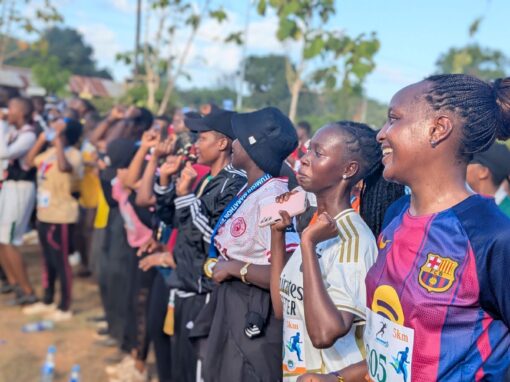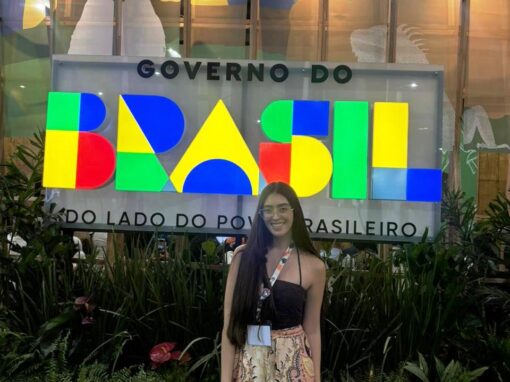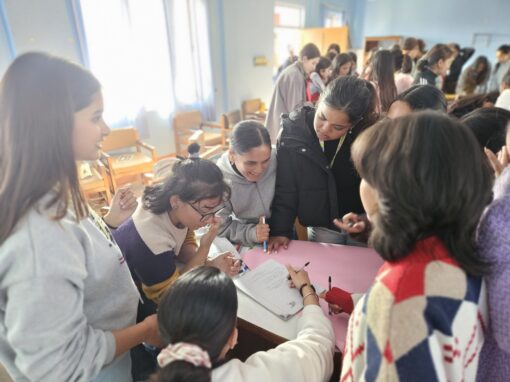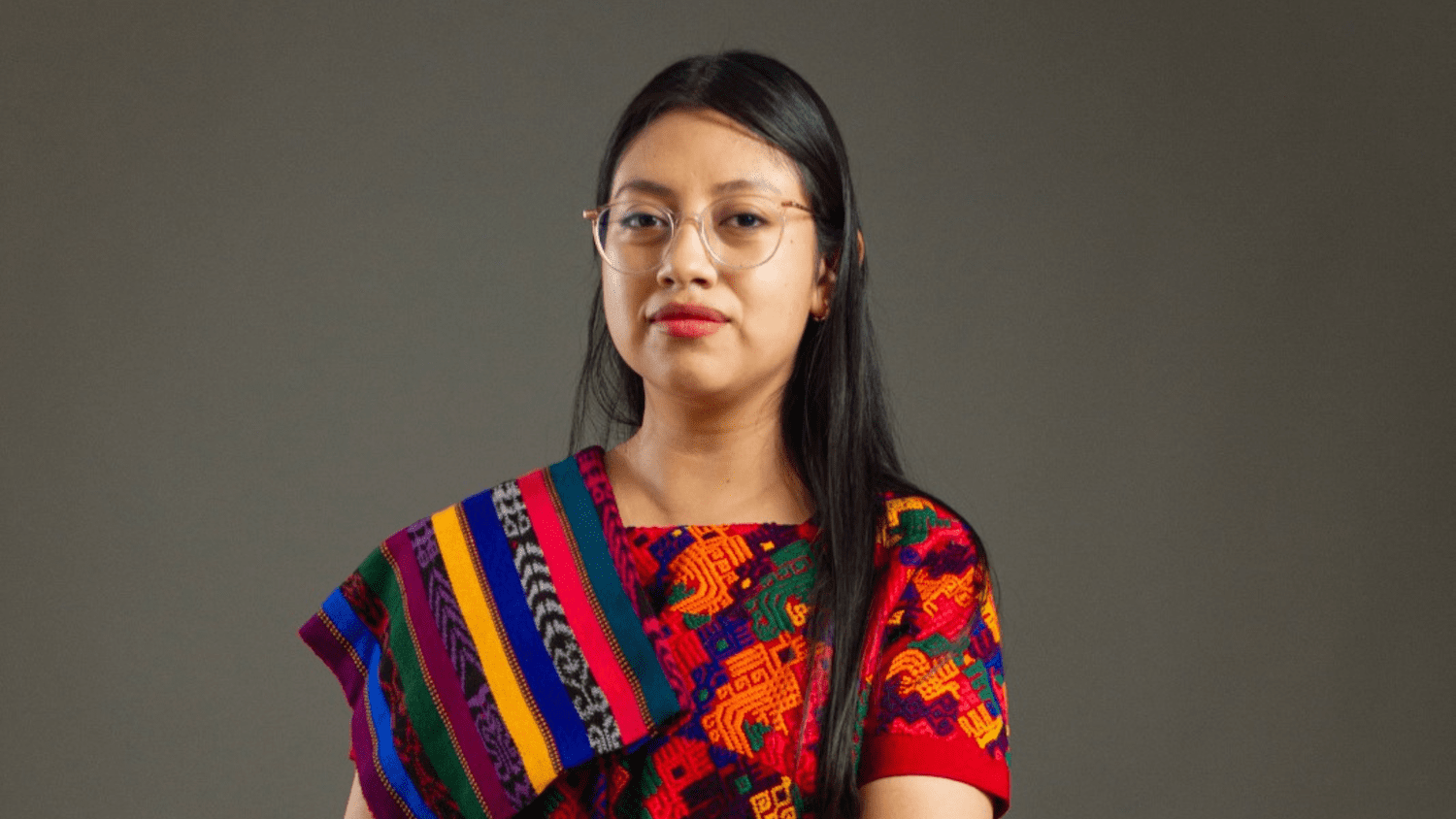
From the FAO headquarters, Verónica Yacabalquiej, a young Indigenous leader, advocated for sustainable agri-food systems and greater youth participation in global decision-making.
At 27, Verónica Yacabalquiej carried the voice of Guatemala and Central America to the 2025 World Food Forum, held in Rome under the leadership of the Food and Agriculture Organization of the United Nations (FAO). Her participation—supported by the Fundación Esquipulas and the Global Peace Foundation through the Central American Emerging Leaders Encounter (ECLE) and the Esquipulas Regional Forum (FRE)—embodies a generation that faces today’s greatest challenges with commitment: food security, environmental stewardship, and the inclusion of Indigenous peoples.
This was your second consecutive participation in the World Food Forum. What differences stood out compared to last year’s edition?
My first participation in 2024 was crucial because it marked the initial presence of young Central Americans at the forum. At that time, national chapters had not yet been established, so I focused on understanding their structure and strengthening networks. That experience bore fruit this year: in 2025, FAO officially recognized the National Chapter of Guatemala, which we launched alongside other young people who had also attended the previous edition. This time, my role was more structured, and I joined Guatemala’s diplomatic delegation at the opening ceremony, together with Minister of Agriculture María Fernanda Rivera and Presidential Secretary Ana Glenda Tager. It was a very special moment, symbolizing the recognition of a collective effort that began with young people and now enjoys institutional support.
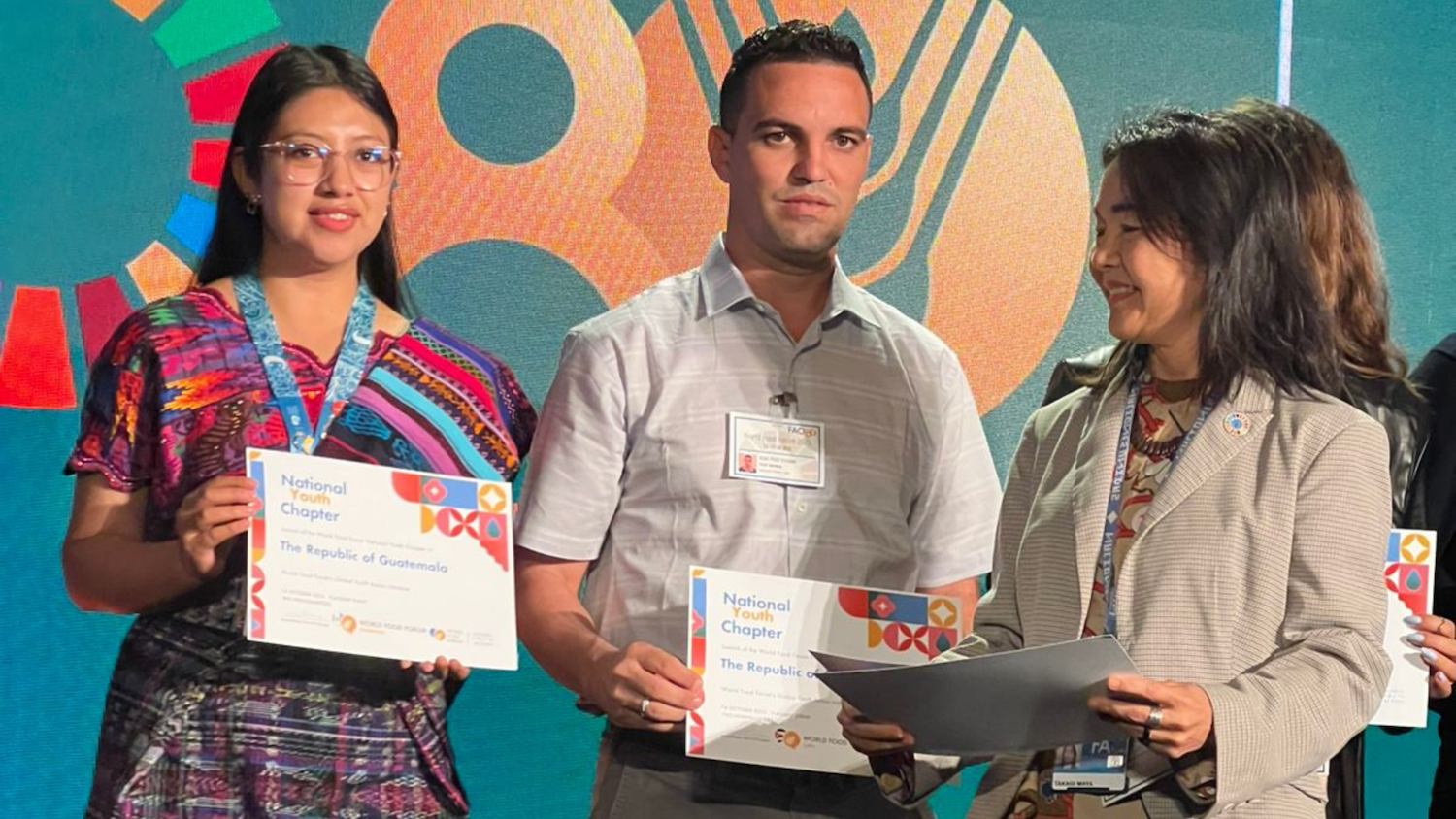
Verónica Yacabalquiej during the official recognition ceremony of the Guatemala National Chapter of the World Food Forum, held in Rome and organized by the Food and Agriculture Organization.
As the promoter of Guatemala’s National Chapter of the World Food Forum, what progress have you seen in the country and across the region?
We have consolidated a network of young people interested in agri-food systems, with direct support from FAO headquarters in Rome, the regional office in Chile, the Mesoamerica office in Panama, and the Guatemala country office. Today, we are creating spaces for training, advocacy, and idea generation. It’s a fundamental step to ensure that youth are not only observers of rural development processes but active participants shaping their outcomes.
You’ve said that food security cannot be approached solely through production. What other structural factors are critical in Central America?
Production is just one part of the system. If we truly want transformation, we must promote public policies that support small-scale farmers and family agriculture, as they are the backbone of food security, especially in rural communities. We also need to encourage research and technological innovation, always through a culturally respectful approach. Technology must adapt to ancestral practices, not replace them.
Climate issues and environmental degradation remain serious threats. What proposals emerged in Rome for vulnerable countries?
The water crisis was one of the most discussed issues. I participated in the Rome Dialogue on Water, a space aimed at holding governments accountable for sustainable water management. Key proposals included strengthening rainwater harvesting, improving agricultural data collection, and fostering youth participation in research. There was also a strong emphasis on reviving ancestral knowledge as part of climate action. Guatemala reaffirmed its commitment to support Indigenous peoples in this process, though specific actions are still being defined.
Your leadership has been supported by the Global Peace Foundation and Fundación Esquipulas through the ECLE. How have these experiences influenced your participation at FAO?
They have been essential. Each space has strengthened my leadership and helped me understand the importance of building regional networks. Through the ECLE, I discovered my passion for environmental and agri-food issues. At the Esquipulas Regional Forum, I learned how to link those ideas to political agendas and regional integration. As an Indigenous woman, this purpose also defines me. I represent a population that still has limited participation spaces, so my goal is not only to speak but to present concrete proposals that improve the lives of our communities.
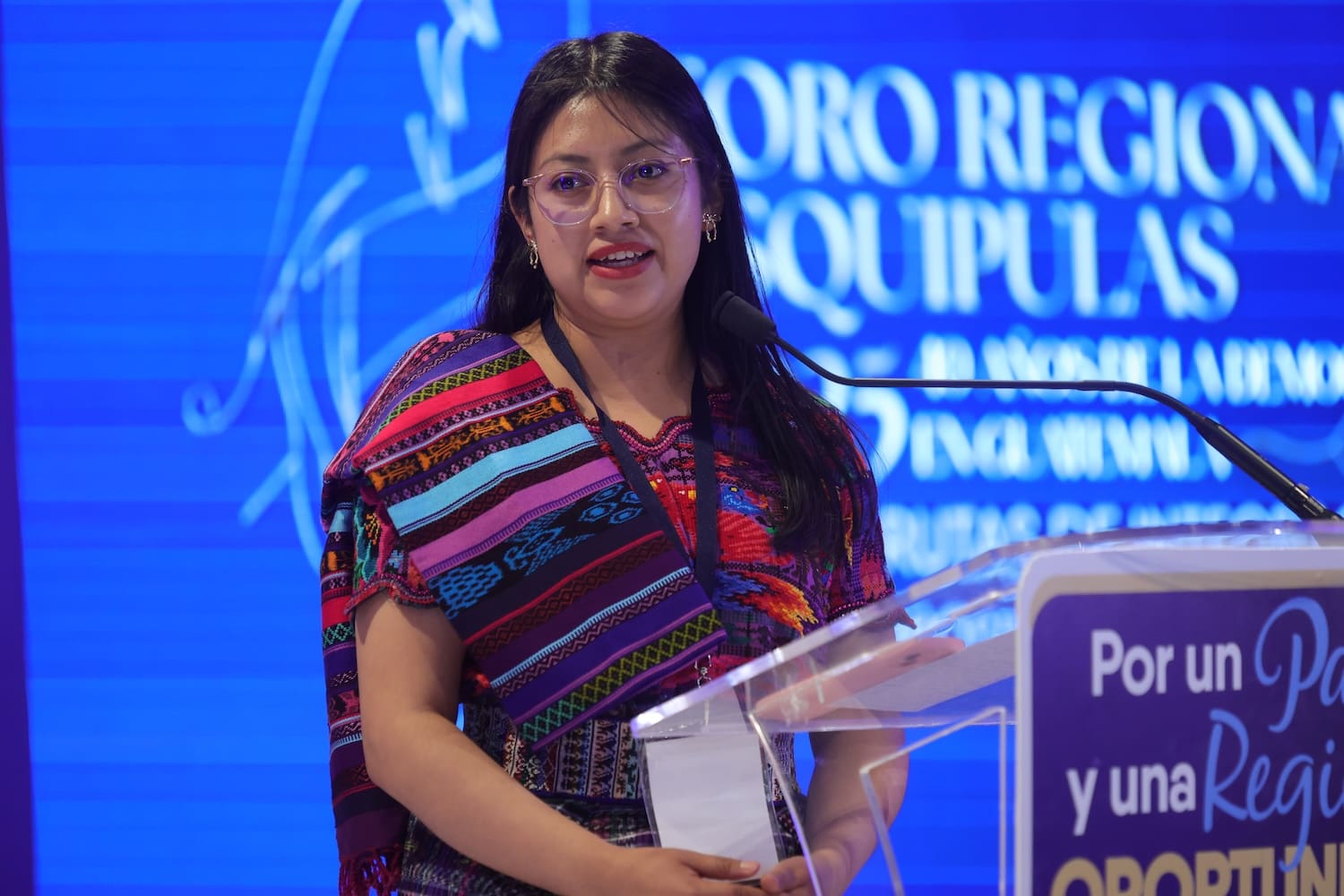
Verónica Yacabalquiej during her intervention at the Esquipulas Regional Forum 2025, highlighting the role of youth in building a Region of Opportunities for Central America.
In the Esquipulas Regional Forum, you’ve discussed food sovereignty. How does that concept translate into concrete action?
Promoting food sovereignty means ensuring that communities can produce what they consume, preserve their seeds, and use local resources. Central America has enormous climatic diversity, yet agricultural land has been shrinking. We must restore those soils and strengthen each country’s capacity to produce its own food, reducing external dependency.
In Rome, you emphasized the value of ancestral knowledge. Why is it so important for sustainable food systems?
Because ancestral knowledge is living science. The United Nations already recognizes its importance, but it must go beyond dialogue and into action. From the Indigenous worldview, the Earth is our common home. From that understanding arise practices like agroecology and permaculture, which promote the conservation of native seeds, crop diversification, and balanced soil and water management. These practices are not opposed to innovation—they are its foundation. Recovering them is key to achieving truly sustainable agriculture.
Youth played a leading role this year. How can Central American youth become more involved?
At FAO, I was impressed to see that much of its technical staff is composed of young people. That shows that participation is not just a slogan—it’s a reality. The forum included youth from many sectors: farmers, scientists, academics, leaders, and negotiators. In Central America, however, there is still room to expand our engagement. There are open calls, internships, and real opportunities for impact, but we must stay informed and get involved.
Looking ahead, what regional alliances are key to advancing food security?
The Central American Integration System (SICA) is a strategic partner since much of the region’s cooperation flows through it. It’s essential that the national chapters of the World Food Forum collaborate, share experiences, and design joint projects. We must also build stronger ties with the private sector, which can contribute resources and research—always guided by sustainability and social impact.
You represented not only Guatemala but all of Central America. What message would you like to send to the world?
That our region is a land of opportunities, but those opportunities must be just, sustainable, and respectful of Indigenous peoples. Youth participation must be conscious and grounded in the realities of our communities. Talking about agri-food systems is also talking about dignity, health, and the future.
“It’s not just about talking about change—it’s about making it happen.”
From the ECLE and the Esquipulas Regional Forum 2025 to Rome, Verónica Yacabalquiej’s story reflects the power of a generation that doesn’t wait to be invited to the dialogue—it builds it. Her voice reminds us that food is also a form of peace, and that the future of Central America depends on those who dare to sow hope and cultivate a Region of Opportunities.
We have consolidated a network of young people interested in agri-food systems, with direct support from FAO headquarters in Rome, the regional office in Chile, the Mesoamerica office in Panama, and the Guatemala country office. Today, we are creating spaces for training, advocacy, and idea generation. It’s a fundamental step to ensure that youth are not only observers of rural development processes but active participants shaping their outcomes.

